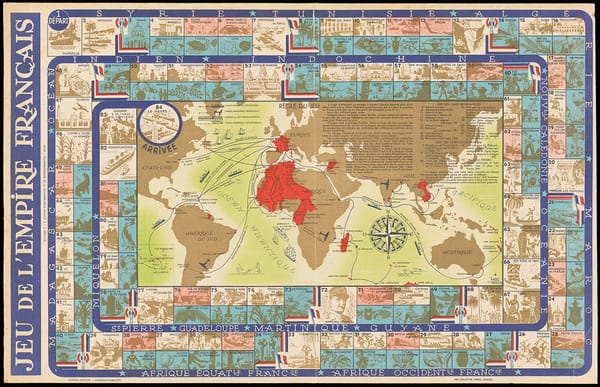
Books
Lessons on Propaganda: Visualizing Empire Counters the Colonial Archive
The Getty volume is replete with vital lessons on studying and historicizing imperial ephemera.

Books
The Getty volume is replete with vital lessons on studying and historicizing imperial ephemera.
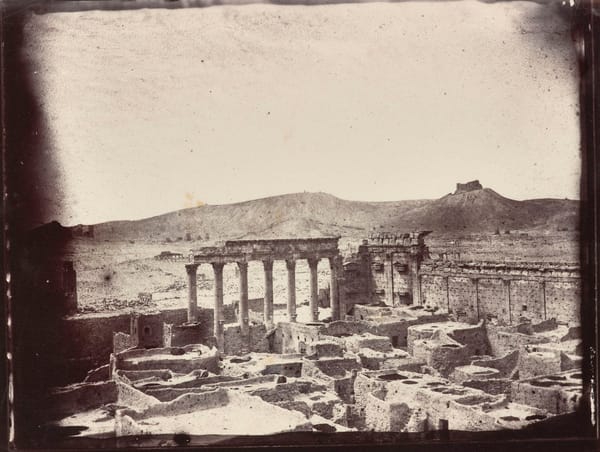
Art
Life in Palmyra did not stop in the third century but has gone on more or less continuously at the site for the 1,700 years since.
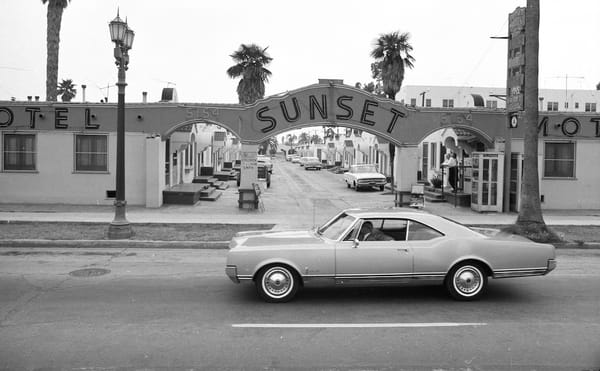
Art
The Getty Research Institute launched a website that allows you to hop in a vintage car and travel along the boulevard between 1965 and 2007.
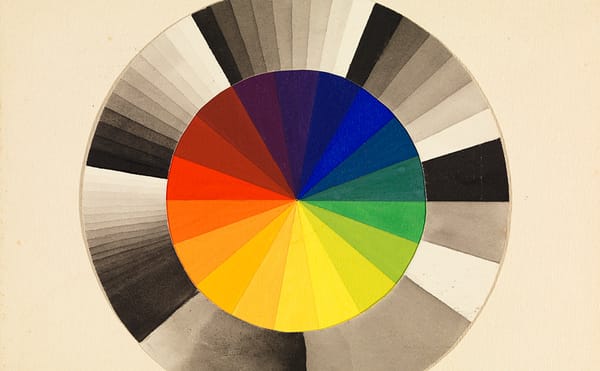
Art
Bauhaus Beginnings succeeds in reanimating the dialogue that began in the school’s classrooms and hallways, and in following it, as it spilled out into the streets of a country.
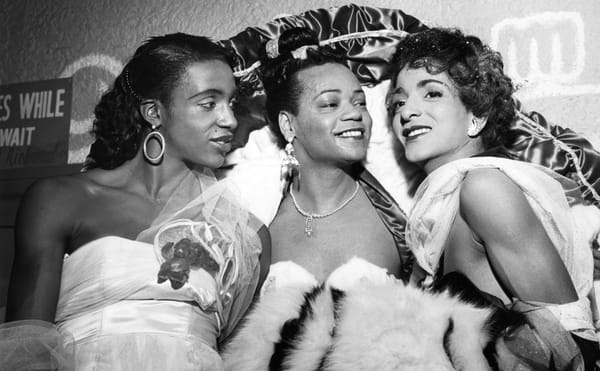
Art
The archive of Ebony and Jet is a treasure trove of visual culture; its donation to the National Museum of African American History and Culture and Getty Research Institute will allow unprecedented access to decades of Black American history.
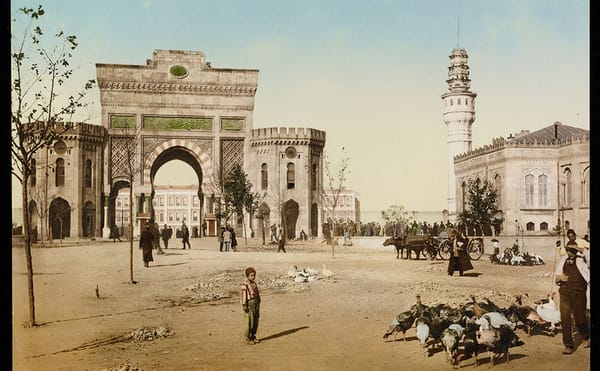
In Brief
The Getty Research Institute has digitized a collection of Ottoman-era photographs available to study and download for free.
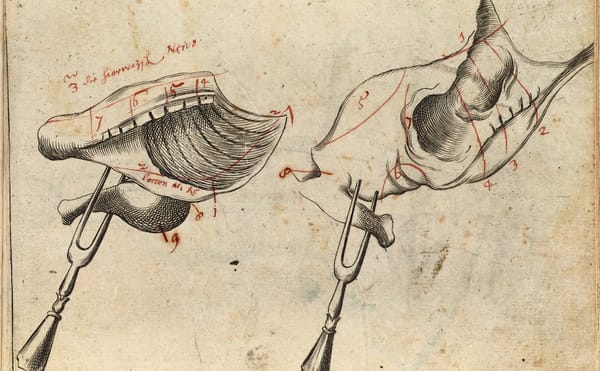
Art
The Willan & Cherniavsky Gastronomy Collection — consisting of hundreds of historical books, drawings, and paintings all about food — will soon be available to the public at the Getty Research Institute.
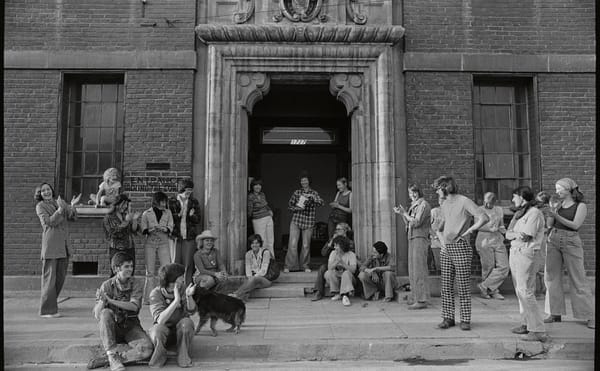
News
Suzanne Lacy and others remember the Woman's Building, whose history is being preserved by the Getty Research Institute thanks to a recent grant.
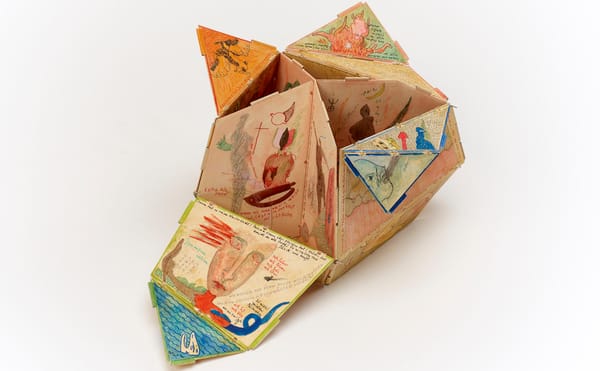
Art
An exhibition at the Getty Research Institute illustrates the myriad ways that contemporary artists have pushed the boundaries and definitions of the book.
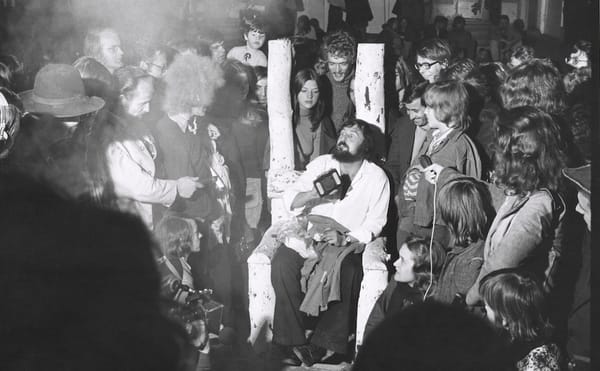
Art
Driven by a boundless intellectual curiosity, Szeemann challenged historical narratives and exploded aesthetic hierarchies, expanding the role of curator from simply a steward of objects to a shaper of ideas.
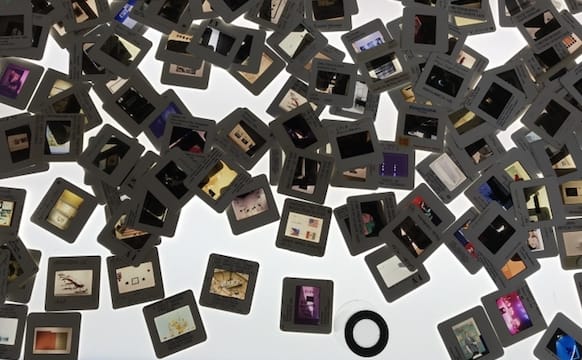
Art
The Getty’s acquisition tells the story of how a once-scrappy alternative art space withstood decades of economic and cultural change and survived through the present.
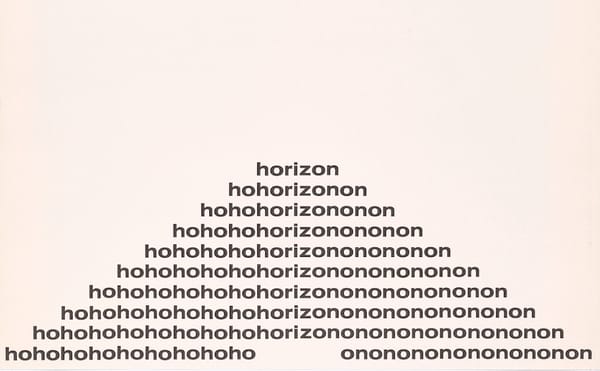
Art
Concrete Poetry focuses on the purists of the movement, particularly the Brazilian Augusto de Campos, the Scottish poet Ian Hamilton Finlay, and the Austrian poet Ernst Jandl.